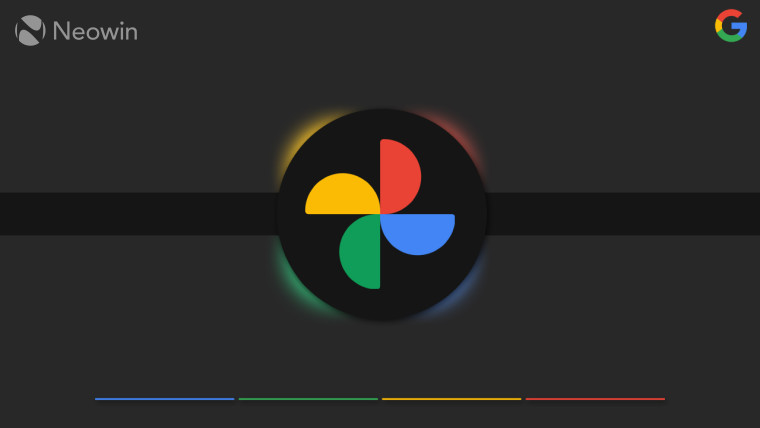
AI image generators are quite a thing these days. Not only are there dedicated apps or websites to generate AI images simply by using a few prompts, but even popular apps such as WhatsApp and Instagram also let you generate AI images.
It has become a bit difficult to be certain whether an image is generated using AI or is original. In response to this growing issue, Google has understood the challenge and may soon help users spot a real image from an AI-generated or manipulated image.
The latest APK Teardown of the Google Photos Android app shows some strings of codes that will allow the Photos app to identify whether an image is AI-generated or not. The codes were spotted in the Google Photos app v7.3 and it contains the below XML code:
The "@id/credit" ID resource is the one that may show the image"s credit tag. As noted by Android Authority, images generated using Google Gemini come with a "Made with Google AI" credit tag, which is stored in the image"s EXIF data.
Also, when a user makes use of the Magic Editor in Google Photos, images get their tags such as "AI-Generated with Google Photos" and "AI-Generated with Google." On the other hand, the "@id/digital_source_type" code refers to the Digital Source Type field, which highlights the source from where the image was generated.
For instance, when an image is generated using a Generative AI model, then it adds a "compositeWithTrainedAlgorithmicMedia" value. There is no info on what the "@id/ai_info" ID resource refers to.
It is expected that all the above information will be displayed in the image details section. So, checking the IPTC metadata will make it easier to understand if an image is AI-generated or not. The change isn"t live in the Google Photos Android app and may arrive via a future app update.